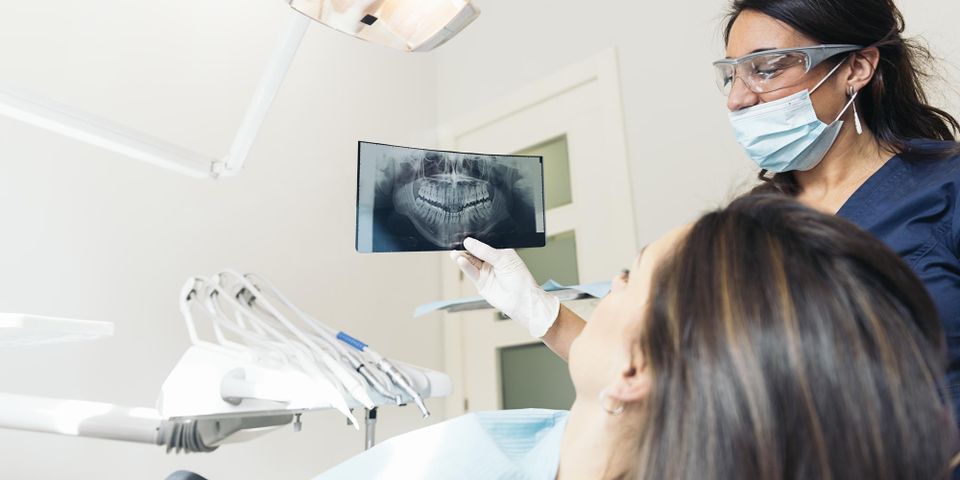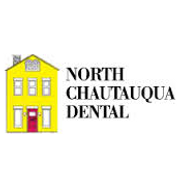
The temporomandibular joint connects the jawbone to the skull and is responsible for your ability to chew and talk. A dentist can help treat conditions affecting this joint—collectively known as TMJ disorder—to restore movement and comfort. To help you know what to expect, the family dentistry team at North Chautauqua Dental P.C. in Dunkirk, NY, explain the basics of TMJ disorder treatment.
The Basics of TMJ Disorder from Your Dentist
What Is TMJ?
Temporomandibular disorders, or TMD, are often referred to as TMJ after the joint they affect. These disorders have a range of causes, such as arthritis, teeth grinding, compulsive jaw clenching, and facial injuries. When this joint is stiff or strained, it becomes difficult to move one or both sides of the jaw. Patients suffering from TMD typically feel pain or tenderness in their jaw, an ache in their ears, or a locking jaw. They may also have difficulty chewing and hear or feel clicking when they open and close their mouth.
How It’s Treated
The appropriate treatment for TMD depends on the underlying cause. When you visit the dentist and tell them you’re experiencing pain, they will look examine the jaw and ask about your history. They may recommend medications to relieve the symptoms, such as anti-inflammatory pain relievers and muscle relaxants. If you show signs of teeth grinding or clenching, the dentist may recommend a mouth guard to wear at night or physical therapy to stretch and strengthen the muscles around the joint. In extreme cases, they will prescribe injections to reduce swelling or surgical procedures to reposition the mandible.
If you experience the symptoms described above, contact a dentist experienced in diagnosing and relieving TMD. The team at North Chautauqua Dental treats patients with a dedication to complete oral and dental health. Whether you need a routine teeth cleaning, dentures, or TMD treatment, the dentists and hygienists will provide professional and compassionate care. They are also available outside of business hours for emergencies. Call (716) 366-6822 to schedule an appointment or complete the online contact form.
About the Business
Have a question? Ask the experts!
Send your question

